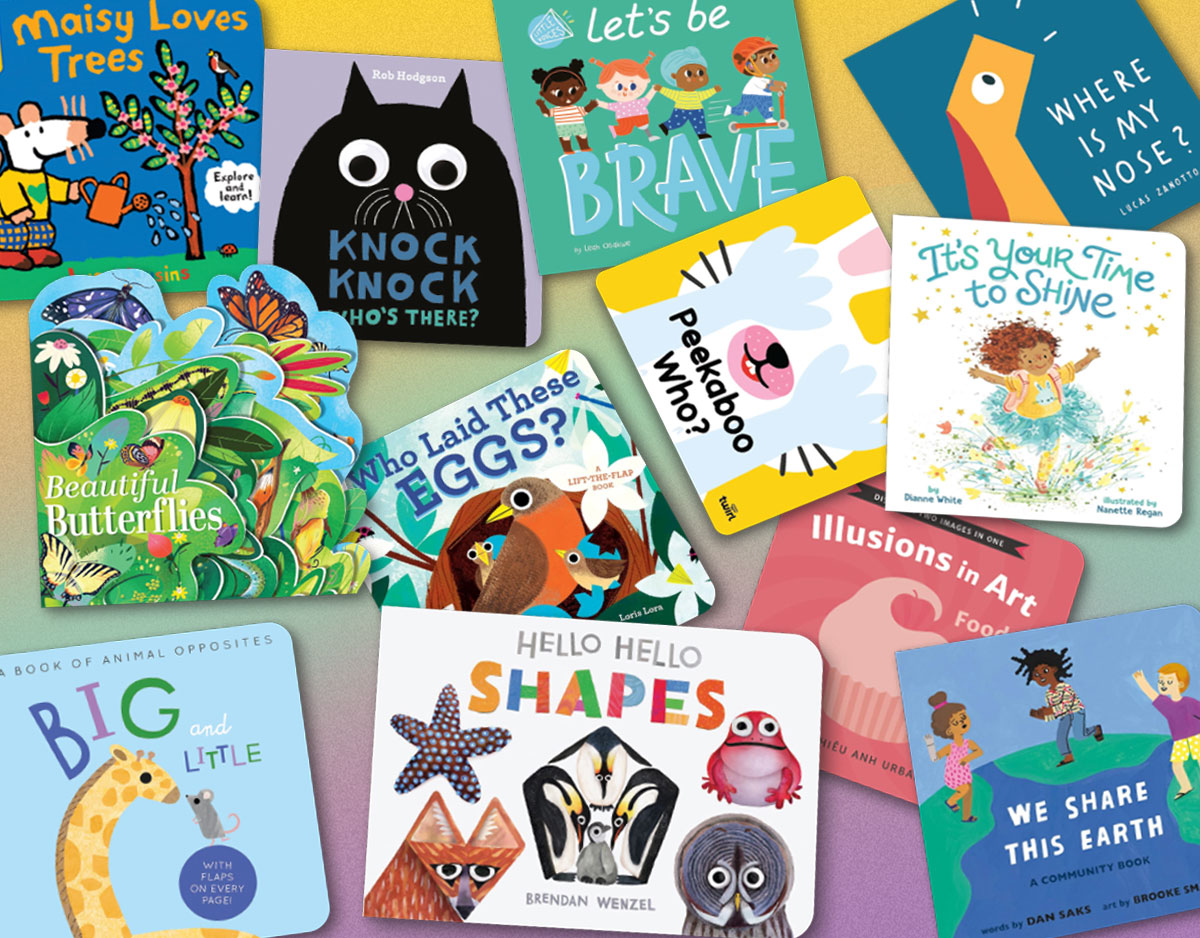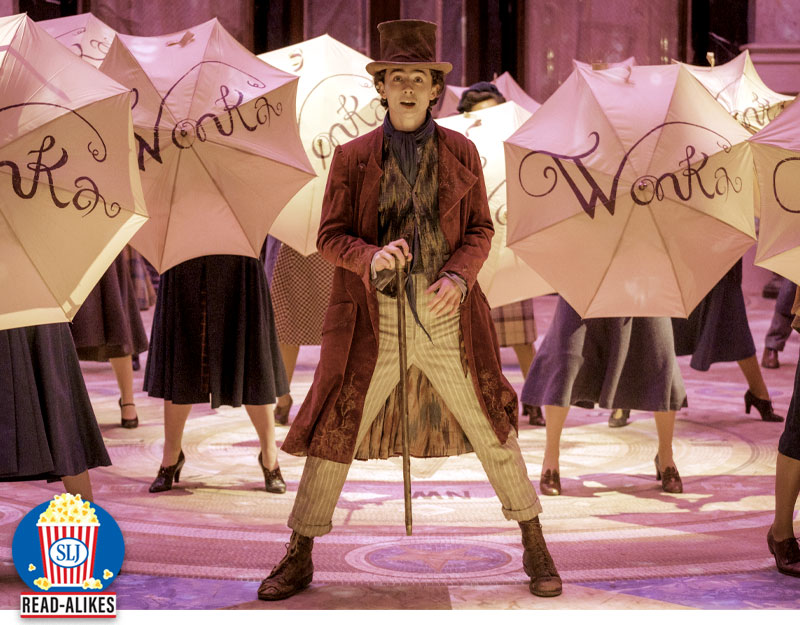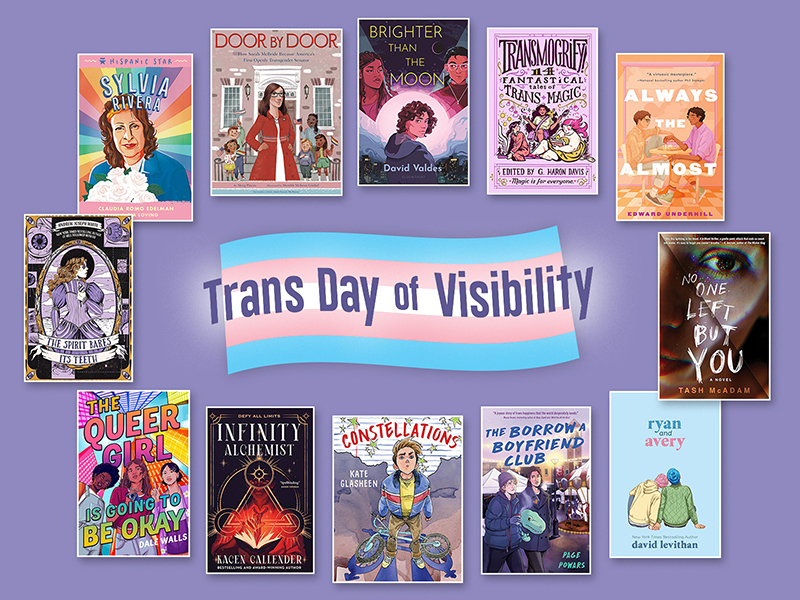Review of the Day: Red Moon at Sharpsburg

As a child I wasn’t a fan of historical fiction. Or, at least, I didn’t think I was a fan. Truth be told I didn’t read many titles in that genre (embarrassing Sunfire Romances aside) and it wasn’t until I became a children’s librarian that I realized how gaping this gap was in my personal knowledge. So I filled myself up with a host of delightful titles, at last coming to terms with this most elastic of children’s books. I am now enough of a fan of historical fiction to know when it works and when it does not. Now as 2007 went on I started to hear more and more people talking up, "Red Moon Over Sharpsburg", by Rosemary Wells. It was low buzz, but sometimes low buzz is exactly the flavor of buzz that turns into awards and prizes later on down the road. Maybe this book was going to turn out to be some kind of surprise dark horse hit later in the year! I couldn’t take the chance of not reading it, so it was plucked from my library’s shelves and devoured on a long plane ride. Sadly, it is not the buzz-worthy little nugget of gold I had hoped for. Using familiar tropes, the book is oddly unemotional. Characters display odd inconsistencies, the narrative jumps about like a skittish colt, and in the end you feel much as you did when you started the book. This is not a story that encourages fondness or violent dislike. It is merely a mild book for a mild readership.
India Moody isn’t your average Shenandoah Valley southern belle. Where other girls are learning their scriptures and embroidery, India’s lightning quick mind craves science and natural mysteries. It’s the start of the Civil War and when India’s schoolteacher is shot in one of the early battles, she finds herself tutored by her godmother’s son, Emory Trimble. Emory encourages India’s love of the practical sciences, and is himself in search of the answers to curing diseases. War soon enters into India’s life, however, with devastating results. Her father goes into battle, her mother’s mind shatters, and India is left to discover her own path through right and wrong during a particularly difficult age.
ADVERTISEMENT
ADVERTISEMENT
The idea of the headstrong young woman who is ahead of her time, wanting to be more than just a future wife and mother, is a familiar children’s literary trope. There are always new takes on the idea (My Last Skirt: The Story of Jennie Hodgers, Union Soldier, by Lynda Durrant being one such example) but Wells takes a pretty standard route. India thinks things like, "Girls and women will live just a step up from a good hunting dog till the moon and sun change places in the sky," and about a corset, "It constructs the mind," without having been influenced by anyone or anything other than herself. It seems odd. Sadly, there is little humor to be found here, distinguishing Wells from writers like Karen Cushman or Jennifer L. Holm. Humor is never necessary, but in this particular case I think it works to the book’s disadvantage. We need a little levity between these scenes of historically accurate devastation. It would give us a rapport with the heroine, something which is sadly lacking for the most part.
Ms. Wells is actually at her strongest when she utilizes the numerous facts and historical details at her fingertips. There are some great details that give the book the flavor of authenticity it so desperately needs. For example, there’s a great moment when a minister’s wife moves at a funeral from mourner to mourner. "She spots whoever is weeping, then she collects the tears from the eye in a tear vase," to give as a gift to the grieving mother. Sometimes these details mean having one character explain things to another when, in reality, would be unnecessary (as with Emmett talking to India about miasmas and ill-humours) but for the most part they’re worked in seamlessly. Northern readers will find that the battle of Antietam could also be known as the battle of Sharpsburg and that in the hot Southern sun a body would, "turn black and bloat like sausage in the sun."
I also enjoyed some individual sentence here and there in the book. Things like, "Winter comes in early in 1862, as if it wants to make all of life one big November." But at the same time the entire enterprise has the feel of a book written in pieces and then put together in chronological order. There’s a jumpiness to the scenes. They leap from one moment to another without smooth transitions. There’s also the fact that India’s critique of her beloved South is inconsistent. One minute she will discuss with someone how the South could lose the war and the next she’s biting off someone else’s head for stating a similar opinion. More disturbing that this, however, is the book’s general lack of emotion. At no point during this tale was I inclined to cry. Even when beloved characters die or disappear, the reader is not sucked into the emotions of the tale. Playful romantic scenes are also delivered in a kind of narrative monotone. At one point India’s bare ankle is grabbed and she is pulled down from her horse, but we never get a sense of how she feels. Wells is not a fan of adverbs. She is a straightforward writer but not, I’m afraid, one given to adequately conveying sentiment or feeling. The result is a cold fish of a book.
For a better take on a young woman during the Civil War and her father’s devastating decision to go fight, consider "Hearts of Stone" by Kathleen Ernst. Though Ms. Wells is as historically accurate as any reader could possibly hope for, her book is sadly sapped of emotions and the tone is off. She is a fine writer but "Sharpsburg" is not her strongest work. Consider it oddly forgettable for a book filled with death and decay.
First Line: “It was my father who found Calvin Trimble’s body lying against a stone wall on the Spreckle sisters’ land.”
Notes on the Cover: Very pretty. I’m a sucker for a lovely sunset-inspired color scheme and this one suits me. Also gives a good sense of what kind of story you’ll find inside.
Other Blog Reviews: Semicolon, Abby (the) Librarian, and Reading Rants.
Web Reviews: Washington Post
Filed under: Reviews
About Betsy Bird
Betsy Bird is currently the Collection Development Manager of the Evanston Public Library system and a former Materials Specialist for New York Public Library. She has served on Newbery, written for Horn Book, and has done other lovely little things that she'd love to tell you about but that she's sure you'd find more interesting to hear of in person. Her opinions are her own and do not reflect those of EPL, SLJ, or any of the other acronyms you might be able to name. Follow her on Twitter: @fuseeight.
ADVERTISEMENT
ADVERTISEMENT
SLJ Blog Network
2024 Books from Pura Belpré Winners
Winnie-The-Pooh | Review
Parsing Religion in Public Schools
The Age of Queer Defiance, a guest post by Matthew Hubbard
ADVERTISEMENT








I completely agree with you on the book, “Red Moon at Sharpsburg”. I also found many bits and pieces that weren’t right, or didn’t fit in.
At the back of the book, a line reads, “When India’s ailing pa returns to the front, India must summon up the courage to plunge into one of the war’s most tragic and terrifying events: the Battle of Sharpsburg.” This line is terribly misleading, and left me angered. I don’t want to spoil anything, so I’ll only say that this description is the kind of writing that leaves eager readers extremely disappointed.
I’ve always been a fan of historical fiction, so I was really anticipating reading this book. I was very disappointed, and you’ve hit on the main reason – there was no one to care about. Things happen to India, and she tells us about them, but there was nothing that let me empathetize, which to me is one of the big joys of reading. Such a disappointment.
I just adore this book! It’s interesting, suspenseful, and sad plot twists together to make a wonderful story about a girl fighting challenges in the Civil War.
I happen to disagree with your review. I found the characters easy to get attached to and thought her on and off criticizing of the South showed how hard it was to find your values during the time, especially when you are growing up.
My teacher is making us read this book and I find it to be completely boring. I could barely focus because it all seemed so monatone. I don’t read historical fiction and I don’t think I would want to after reading this terrible boring book.